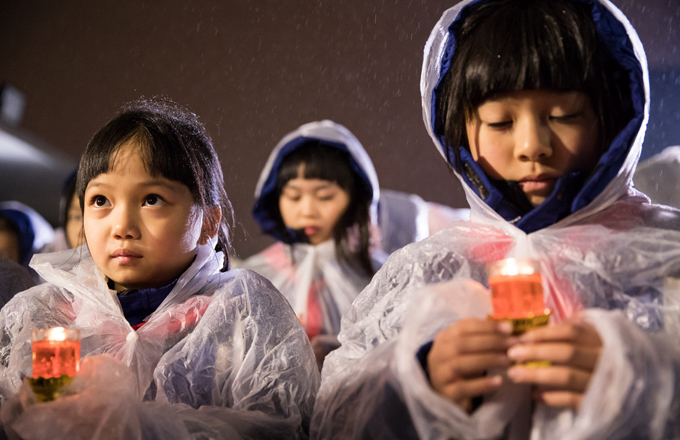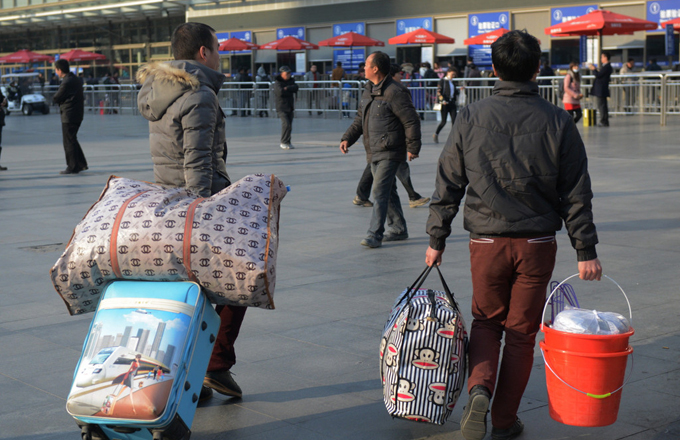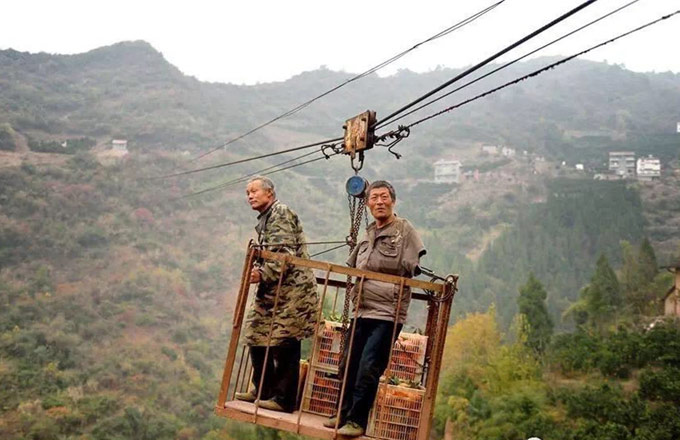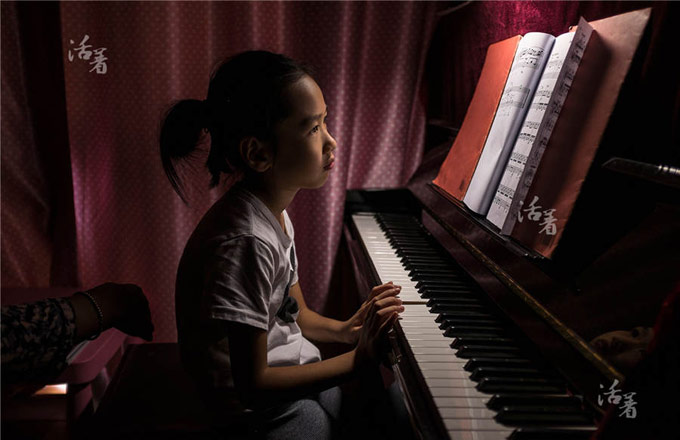Tickets on sale for Spring Festival
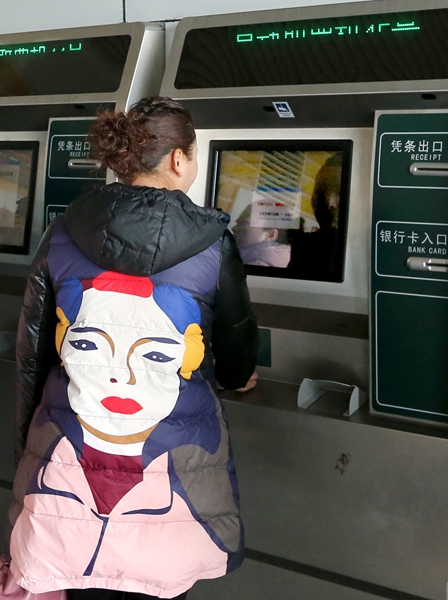 |
|
A passenger gets her ticket at Nantong Railway Station in Jiangsu province on Thursday after purchasing it online. Xu Congjun / For China Daily |
Train tickets went on sale on Thursday for the first day of Spring Festival rush, the 40-day travel peak during the Chinese New Year holiday.
This year, China Railway Corp has scrapped pictorial verification checks for the online purchase of most tickets, to streamline the buying process during the rush, which runs from Jan 13 to Feb 21.
Since the beginning of last year, the railway operator's official website - 12306.com - had required users to verify a booking by selecting a photo based on a subject or question.
The security feature has now been removed for 60 percent of tickets.
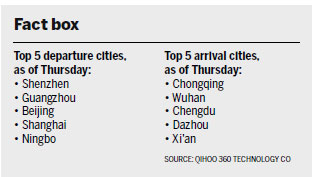
"The other 40 percent is understood to be for the most popular departure or destination stations, such as Beijing and Shanghai," Huang Xin, deputy director of railway transportation for CRC, was quoted as saying by China National Radio.
The security feature was put in place to prevent scalpers from using software that allows them to buy hundreds of tickets within seconds. However, ordinary users had complained it was time-consuming.
"The images are just too fuzzy to recognize," said Song Wenbo, a college student in Nanchang, Jiangxi province, who returns home to Jilin province each Spring Festival. "I was always afraid of tickets being sold out before I could figure out the pictures."
Wu Jianhong, a former researcher for the Ministry of Railways' Economic and Planning Research Institute, said: "The security feature affected ordinary passengers as much as scalpers. Scalpers always have software to get around security checks, so it is passengers who end up suffering."
China Railway Corp predicted China's rail network will handle 356 million trips during Spring Festival, up 9.7 percent from last year.
After Dec 30, tickets will be available to buy online just 30 days before the date of departure, while tickets at offline locations will be available 28 days in advance.
Li Hongyang contributed to this story.




